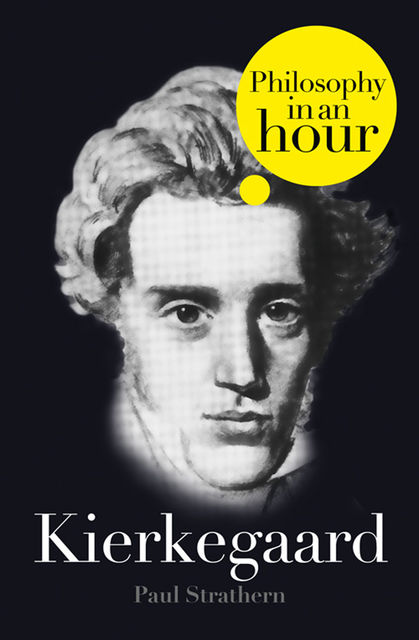
en
Mit unseren Apps lesen:
iOS
·Android
Kierkegaard: Philosophy in an Hour
Dieses Buch ist zurzeit nicht verfügbar
56 Druckseiten
- Jahr der Veröffentlichung
- 2012
Zitate
- Joost Kloosterhat Zitat gemachtvor 5 JahrenObjective truth, such as the truths of history and science, are related to the external world. They can be confirmed by reference to outer criteria. In other words, objective truth depends upon what is said. Subjective truth, on the other hand, depends upon how a thing is said.
- Joost Kloosterhat Zitat gemachtvor 5 JahrenBut Kierkegaard makes his basic distinction between the aesthetic and the ethical clear enough. One is ‘outer’, contingent, inconsistent, and self-dissipating; the other is ‘inner’, necessary, consistent, and self-creating. This is convincing, apart from one basic flaw. We can never live an exclusively ethical life – there will always necessarily be an element of the ‘outer’ and accidental about our lives
- Joost Kloosterhat Zitat gemachtvor 5 JahrenHere we see the categorical difference between the aesthetic and the ethical: the former is concerned with the outer world, the latter with the inner. The ethical individual seeks to know himself and tries to turn himself into something better – he aims at becoming an ‘ideal self’. Precisely why he should choose to do this is unclear, unless we accept that in getting to know himself he is bound to become enlightened and thus wish to aim for a ‘higher’ life involving a set of ethical standards.
fb2epub
Ziehen Sie Ihre Dateien herüber
(nicht mehr als fünf auf einmal)

